Sub-Committee on S&T Infrastructure and Resources Development (SCIRD) – Terms reference & Projects
The Sub-Committee on S&T Infrastructure and Resources Development aims to promote S&T policy studies, to improve the management of S&T, to increase awareness in S&T developments in the region, to establish an ASEAN Technology Information Network, and to develop infrastructure for ASEAN as a learning society. The sub-committee will continue to look after projects that are not within the purview of the other eight sub-committees.
The priority areas of SCIRD for period 2016-2025 are:
- Policy studies on STI development, utilisation and commercialisation;
- STI Management and Information Dissemination;
- STI Enculturation;
- STI support to MSMEs, start-ups and the bottom of the pyramid
- Youth and women-focused innovation;
- Public-Private Partnership Platform; and
- Capacity building and talent mobility.
The specific objectives of SCIRD for the period of 2016-2025 are
- To develop policies that set an environment conducive to strengthening the capabilities and relevant infrastructure of ASEAN in STI development, utilisation and commercialisation;
- To develop programs to facilitate, monitor and assess the implementation of agreed STI initiatives; and
- To establish mechanisms to promote collaboration, networking and coordination among the relevant stakeholders in STI.
The Chairmanship will be for a period of 3 years and follow the schedule based on rotation of Chairmanship by alphabetical order.
Chair 2024-2026: Philippines
To be updated
Experts Group on Metrology (EGM) – Terms of Reference & Projects
The ASEAN Committee on Science and Technology (COST) endorsed the recommendation of ASEAN Sub-Committee on S&T Infrastructure and Resources Development (SCIRD) to set up an ASEAN Experts Group on Metrology (EGM) during their 61st Meeting, held on 11-13 May 2011 in Siem Reap, Cambodia.
The purpose of EGM is to develop and promote scientific metrology to underpin the quality infrastructure. This is to enable ASEAN to:
- advance its single market agenda;
- enhance ASEAN enterprise participation in global value chains; and
- support ASEAN enterprise innovation.
The EGM shall perform the following functions:
- Identify measurement capabilities necessary to support ASEAN’s priority areas, and a harmonised ASEAN measurement system in conformance to international standards;
- Identify measures by which EGM can consistently take in order to sustain metrology development of ASEAN, such as:
- Establish sustainable mechanism to share metrological traceability among AMS; and
- Support developing National Metrology Institutes (NMIs) to have internationally recognised metrological traceability for their national measurement standards;
- Facilitate and accelerate the transfer of the scientific and technology development in Metrology among ASEAN countries and from more advanced regions of the world to the ASEAN region;
- Provide technical and in-kind support and assistance in the development and applications of research in Metrology;
- Raise awareness on roles and contribution of metrology and quality infrastructure in enhancing competitive capacity and innovative capacity among relevant ASEAN sectoral bodies;
- Promote cooperation among EGM members, other ASEAN’s quality infrastructure (QI) bodies (e.g. ACCSQ), and relevant ASEAN sectoral bodies;
- Promote cooperation between EGM and regional and international metrology and quality infrastructure organisations, and not duplicate any of the existing initiatives
Malaysia
To be updated
